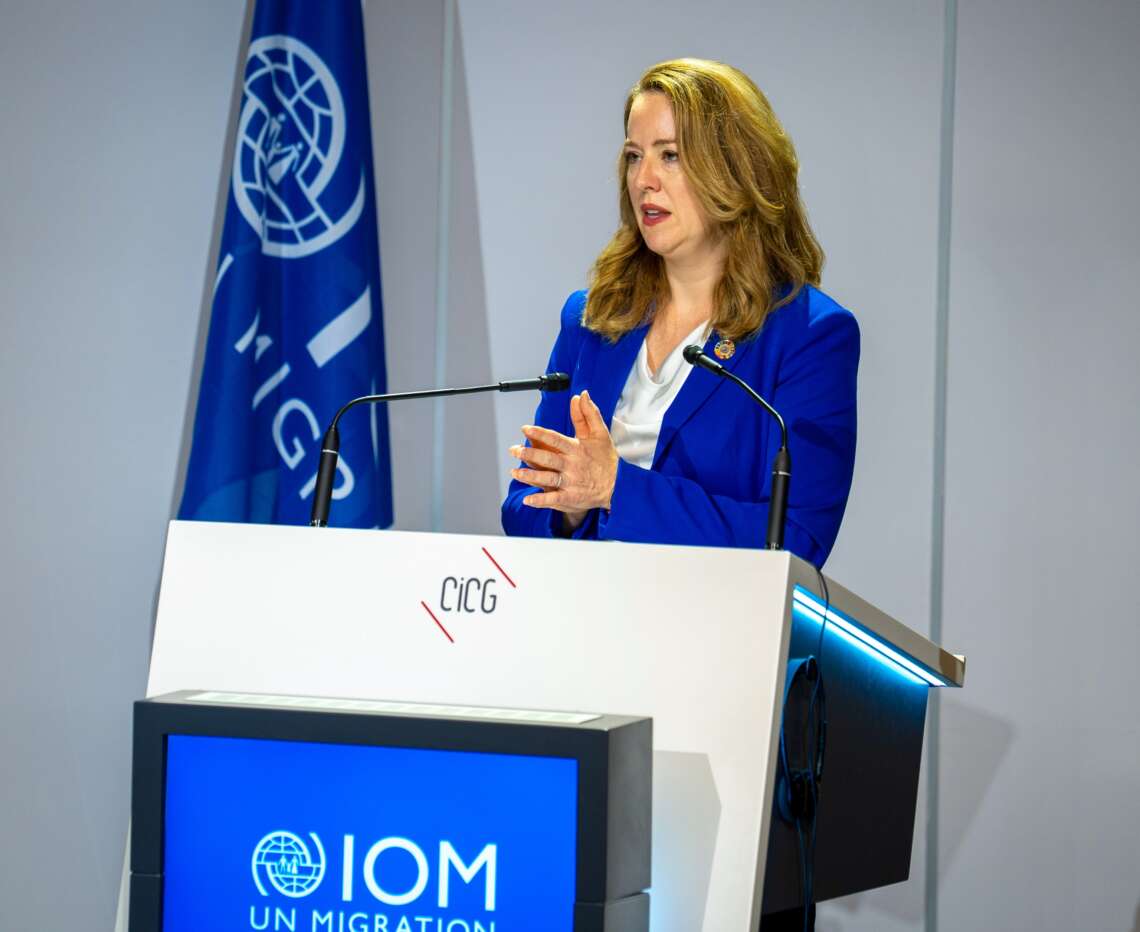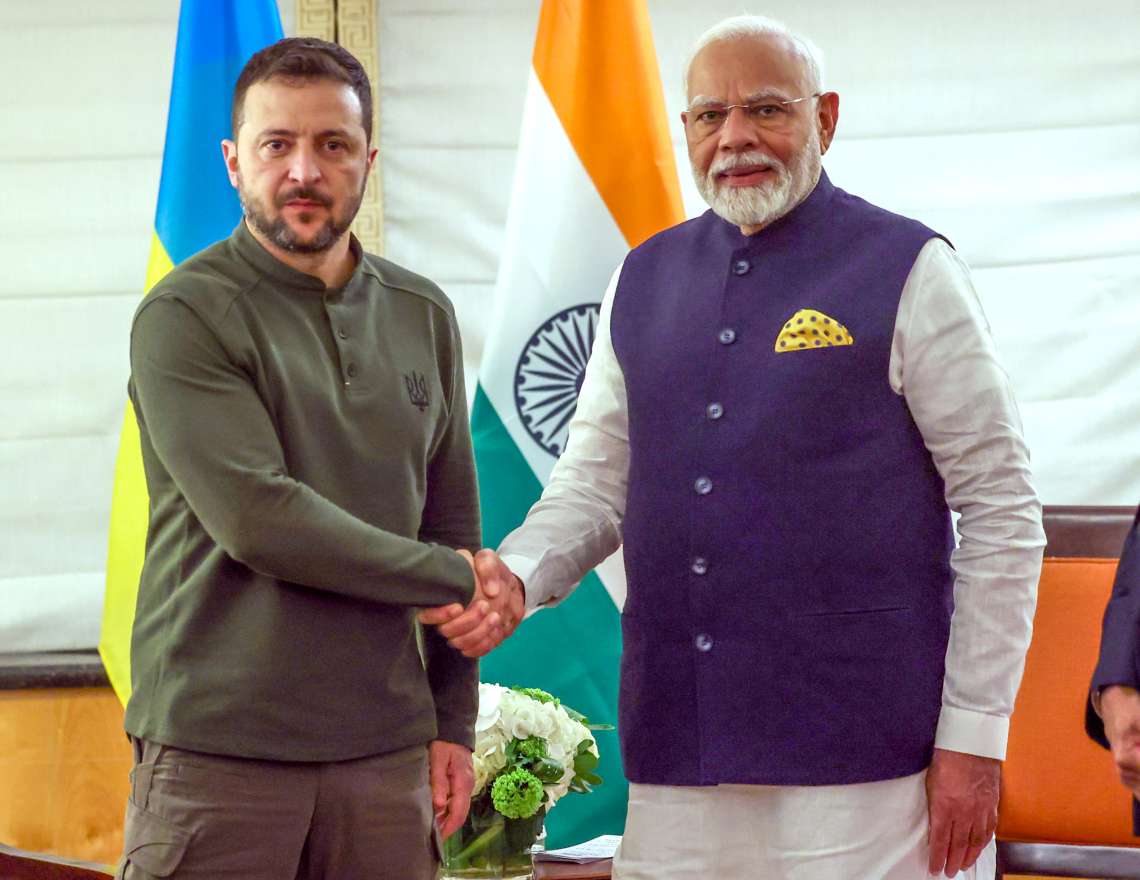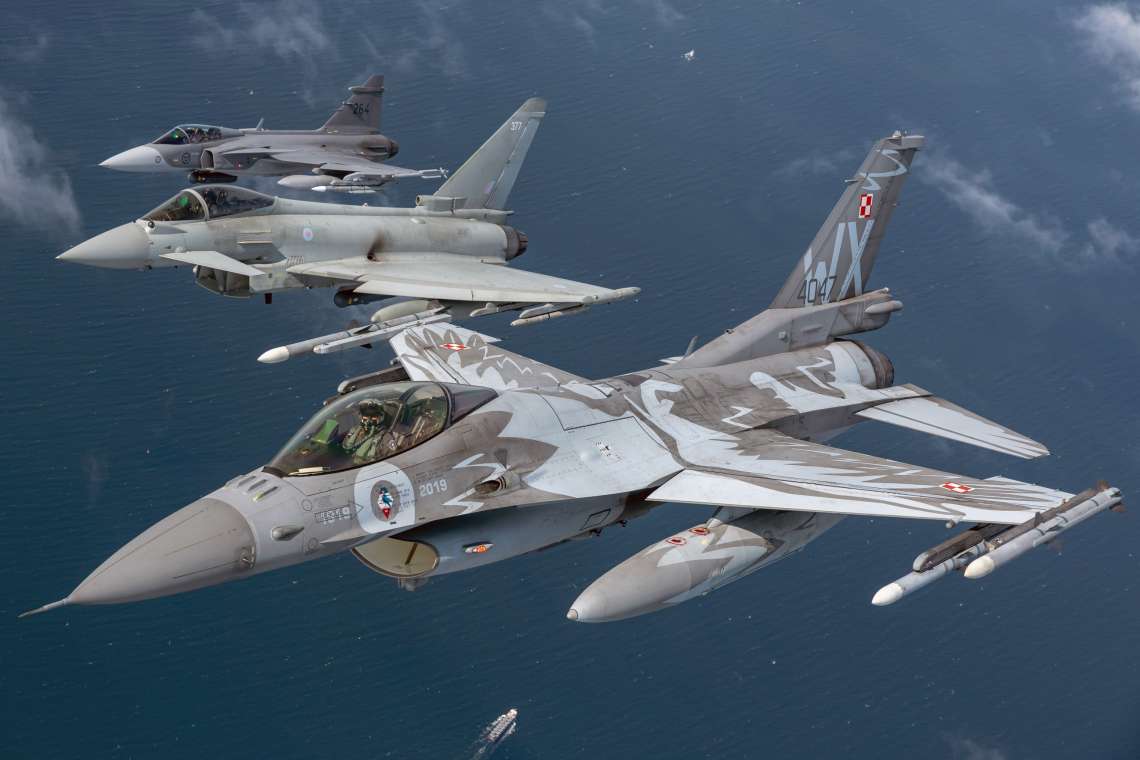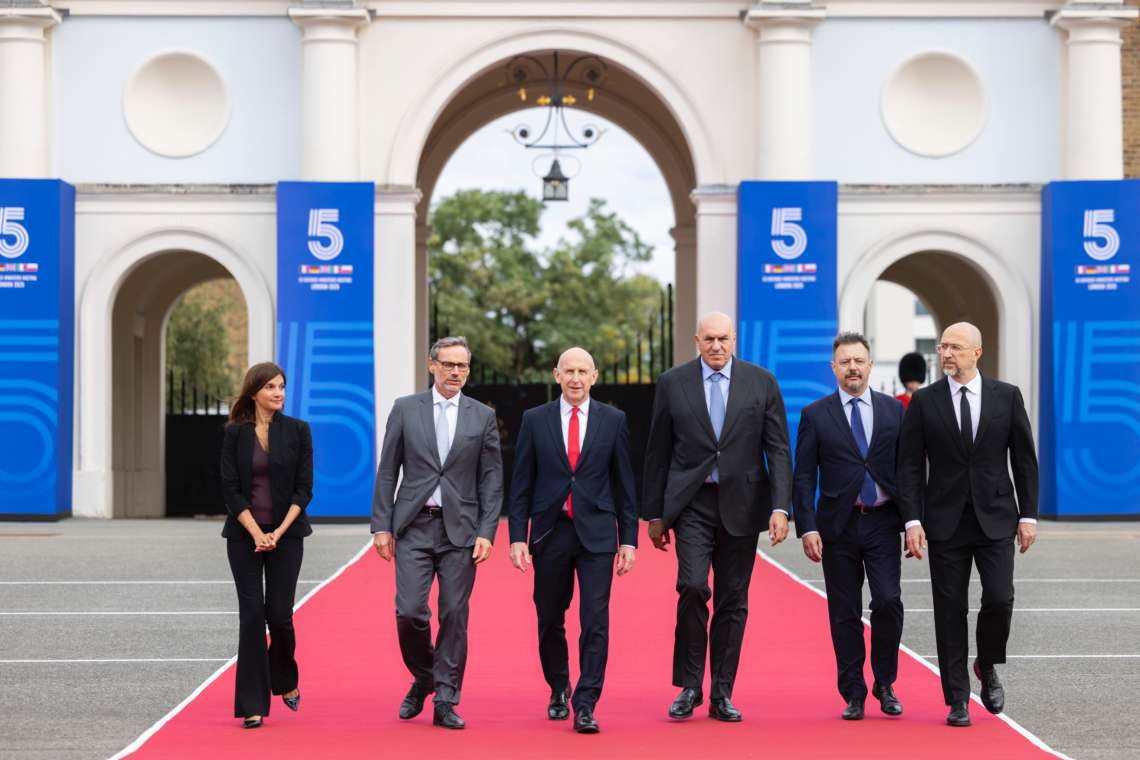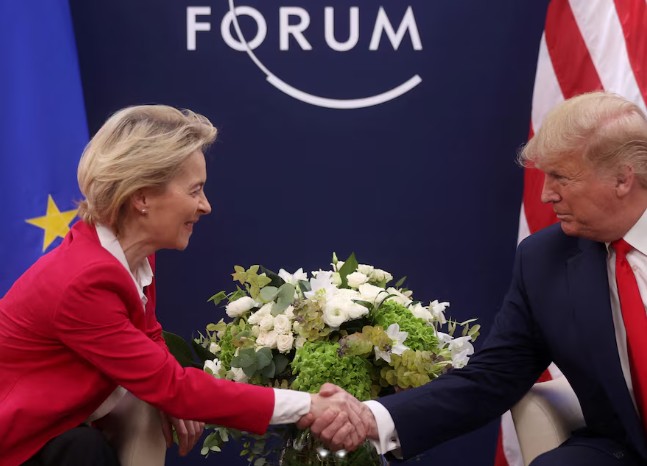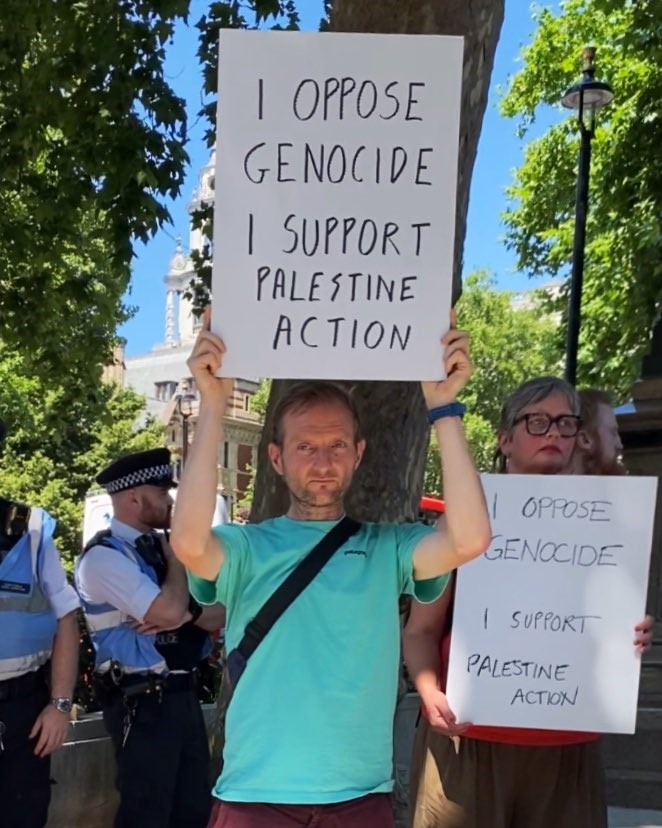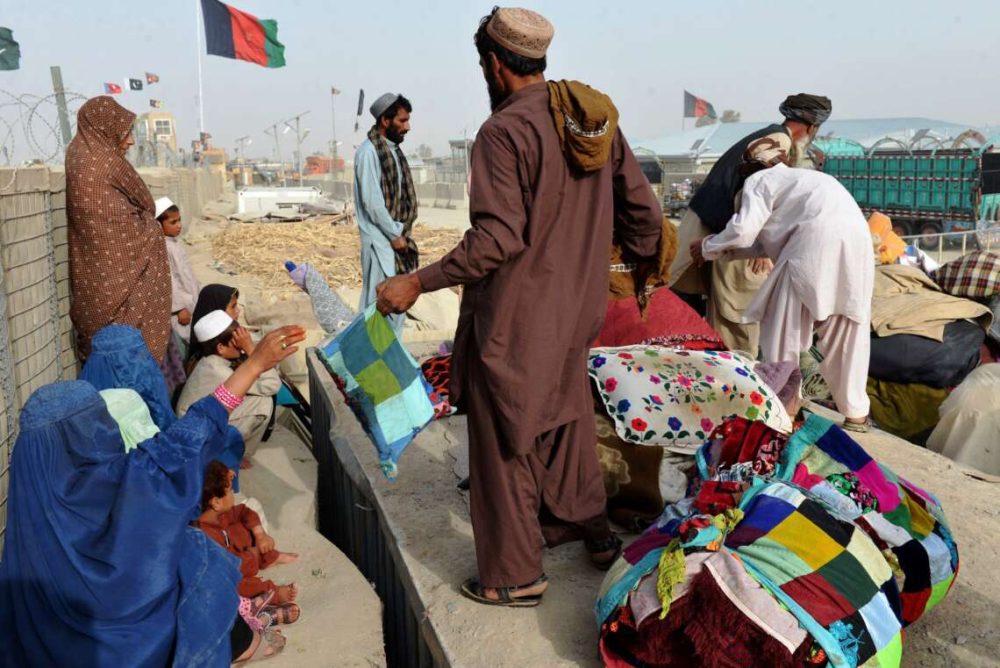UN Migration Chief Warns Ukraine Fatigue and US Aid Cuts Could Trigger New Refugee Crisis
The head of the UN’s migration agency has warned that international fatigue over the war in Ukraine, combined with sharp cuts in foreign aid led by the United States, is threatening the global response to help millions of displaced people.
Amy Pope, Director General of the International Organization for Migration (IOM), said in an interview on Friday that the prolonged conflict, now in its fourth year, has tested global attention spans and weakened financial support at a critical moment.
“It’s three-and-a-half years into the conflict. I think it’s fair to say that everybody is tired,” Pope said. “And we hear that even from Ukrainians who’ve been experiencing the ongoing attacks in their cities and often have been displaced multiple times.”
Her remarks came a day after a Ukraine recovery conference in Rome raised over €10 billion ($11.7 billion) in pledges for rebuilding efforts. But Pope warned that funding commitments are not enough unless long-term support and political will are sustained.
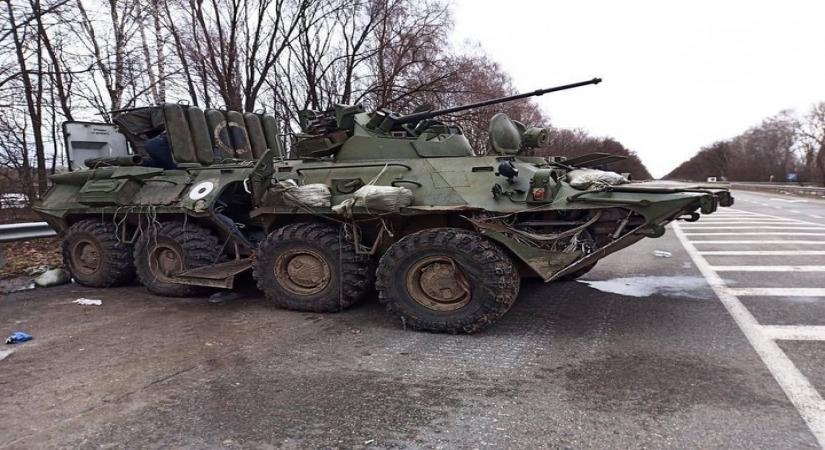
Russia’s full-scale invasion of Ukraine in 2022 triggered Europe’s largest refugee crisis since World War II. According to UN data, more than 5.6 million Ukrainians have fled abroad, while 3.8 million remain displaced inside the country. Yet, despite the scale of the crisis, humanitarian agencies are facing deep funding gaps.
Pope said the IOM is set to face a $1 billion shortfall this year. She blamed cuts to US foreign aid—championed by President Donald Trump—as well as shifting priorities among traditional European donors like the UK, where funds are increasingly being redirected from development to defence.
In comments reported by Arab News, Pope said such sudden budget reductions risk worsening the migration crisis rather than containing it. “It doesn’t work to have provided assistance and then just walk away and leave nothing. When support falls, people move again,” she said. “These cuts can ultimately have a backlash.”
Pope, 51, is the first woman to lead the IOM and a former adviser to both the Obama and Biden administrations. She is now working with Trump’s White House on so-called “self-deportation” programmes—initiatives aimed at encouraging voluntary returns of migrants to their home countries.
While noting that the IOM has decades of experience managing such efforts in Europe, she stressed that returns must be voluntary and carefully prepared. “That doesn’t always move as quickly as governments would like,” she added.
Asked whether the agency would stop cooperating if deportations were forced, Pope responded: “We’ve made clear to them what our standards are. As with every member state, we outline what we can and cannot do—and they understand that.”
After the Rome conference, Pope travelled to Washington to meet with US officials and lawmakers. She also praised Italy’s recent move to expand migrant work permits to nearly 500,000 between 2026 and 2028—a decision by a right-wing government otherwise known for strict border policies.
“What Italy is doing is taking a realistic look at what labour and skills they need,” she said. “They’re creating safe and legal pathways for people to come.”


